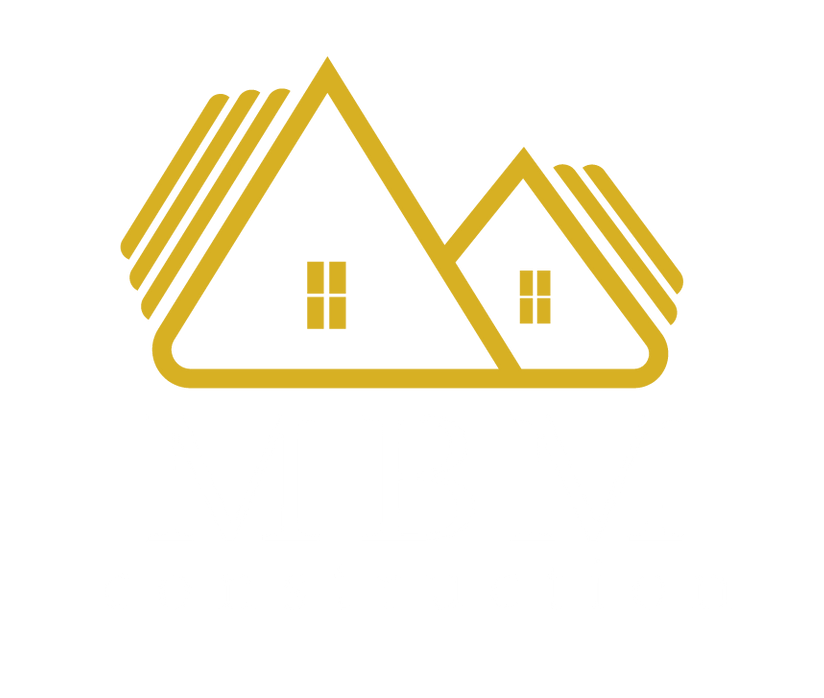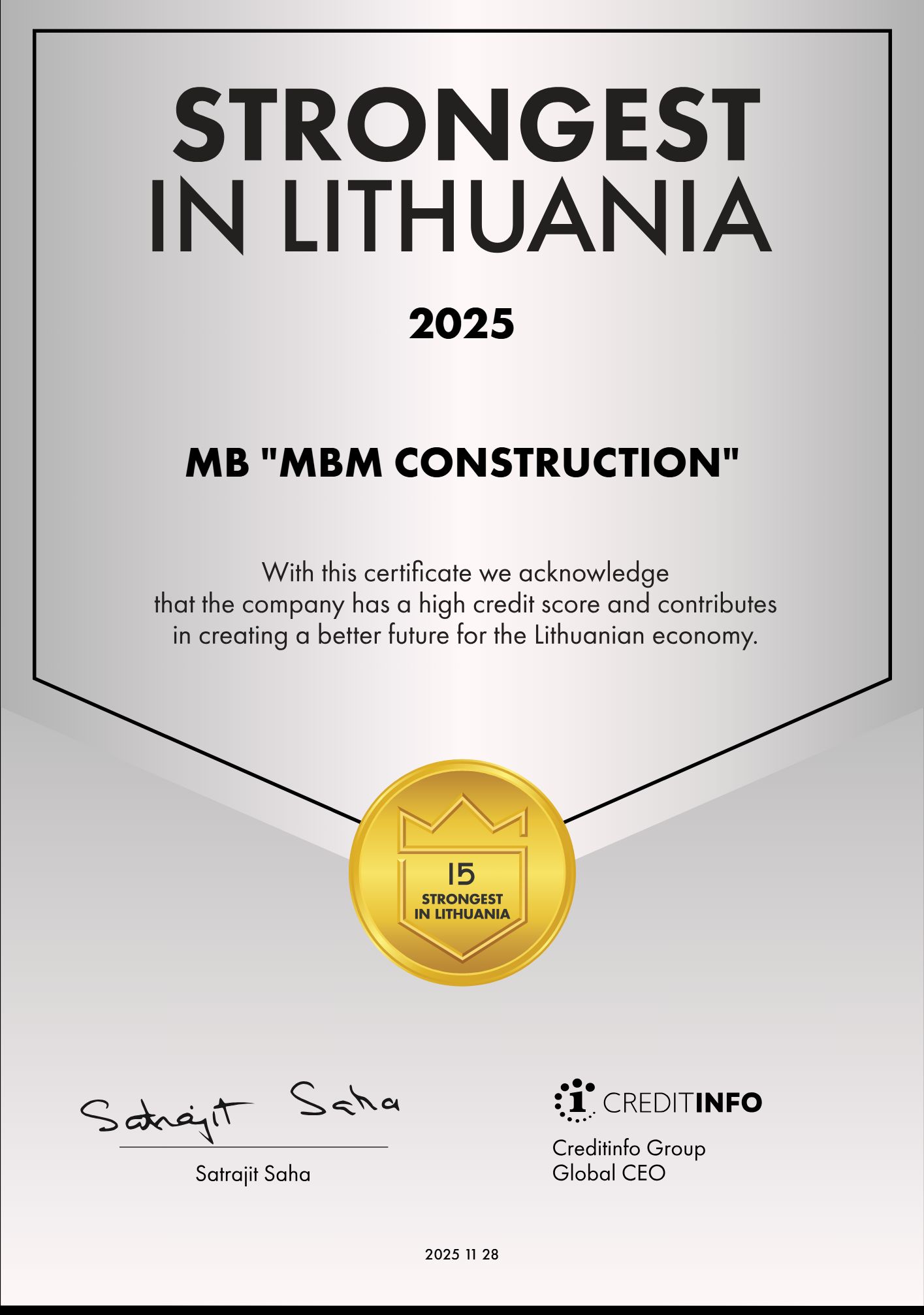Reed Roof Covering
Reed roof technology
This eco-friendly roofing method primarily uses water reeds, valued for their durability and insulating qualities. The cut and prepared reeds are bundled and secured to roof structures with a slope of at least 35 degrees. When properly installed, a 30 cm layer of reeds provides excellent water resistance and ensures effective heat and sound insulation.
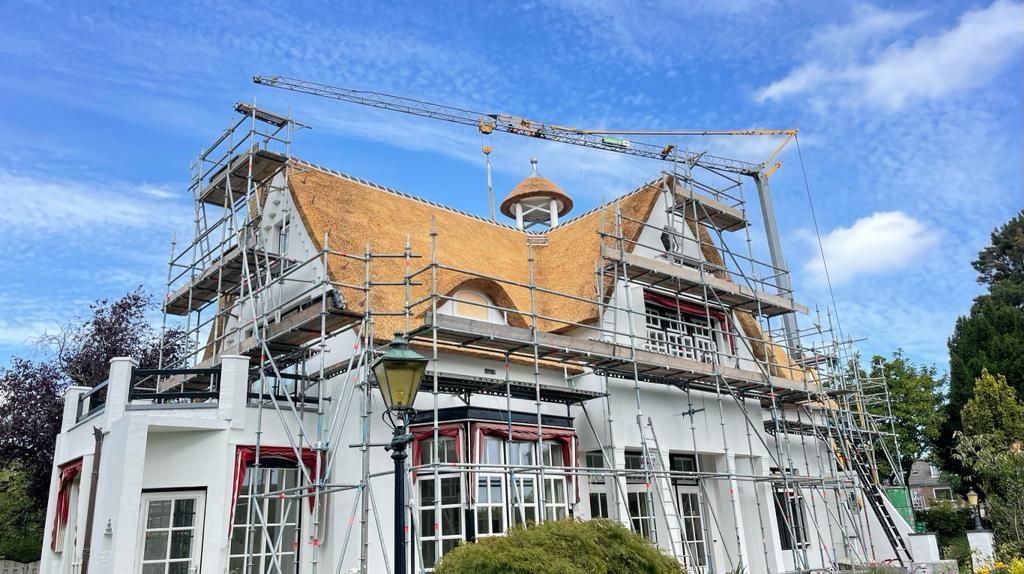
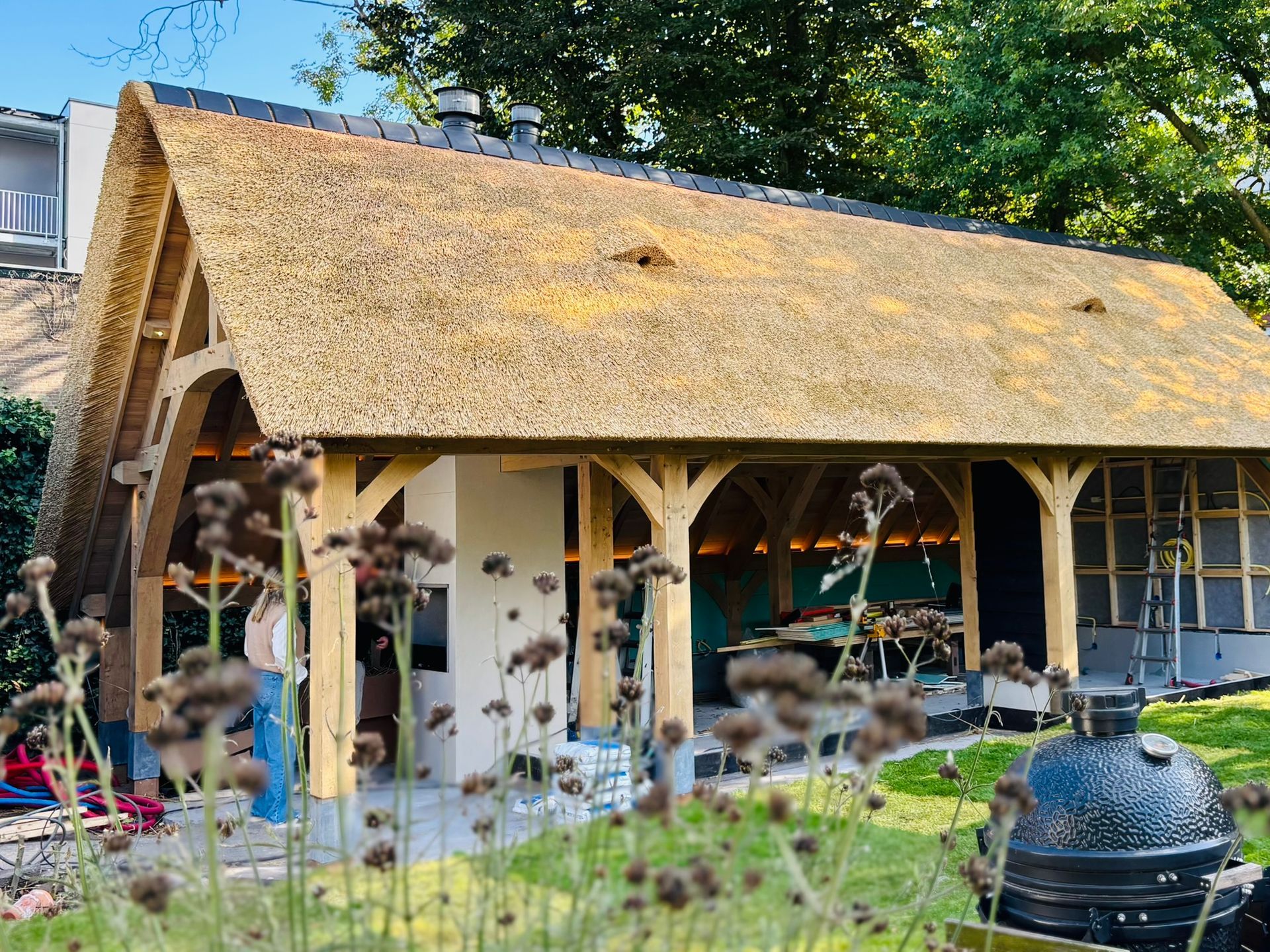
Although reed roofs are eco-friendly and visually appealing, many people have concerns about fire resistance. Modern reed roofs are often treated with special fire-retardant materials that significantly enhance their safety. Regular maintenance and inspections help ensure the roof’s longevity and structural integrity, making reed roofs a sustainable and practical choice for modern construction.
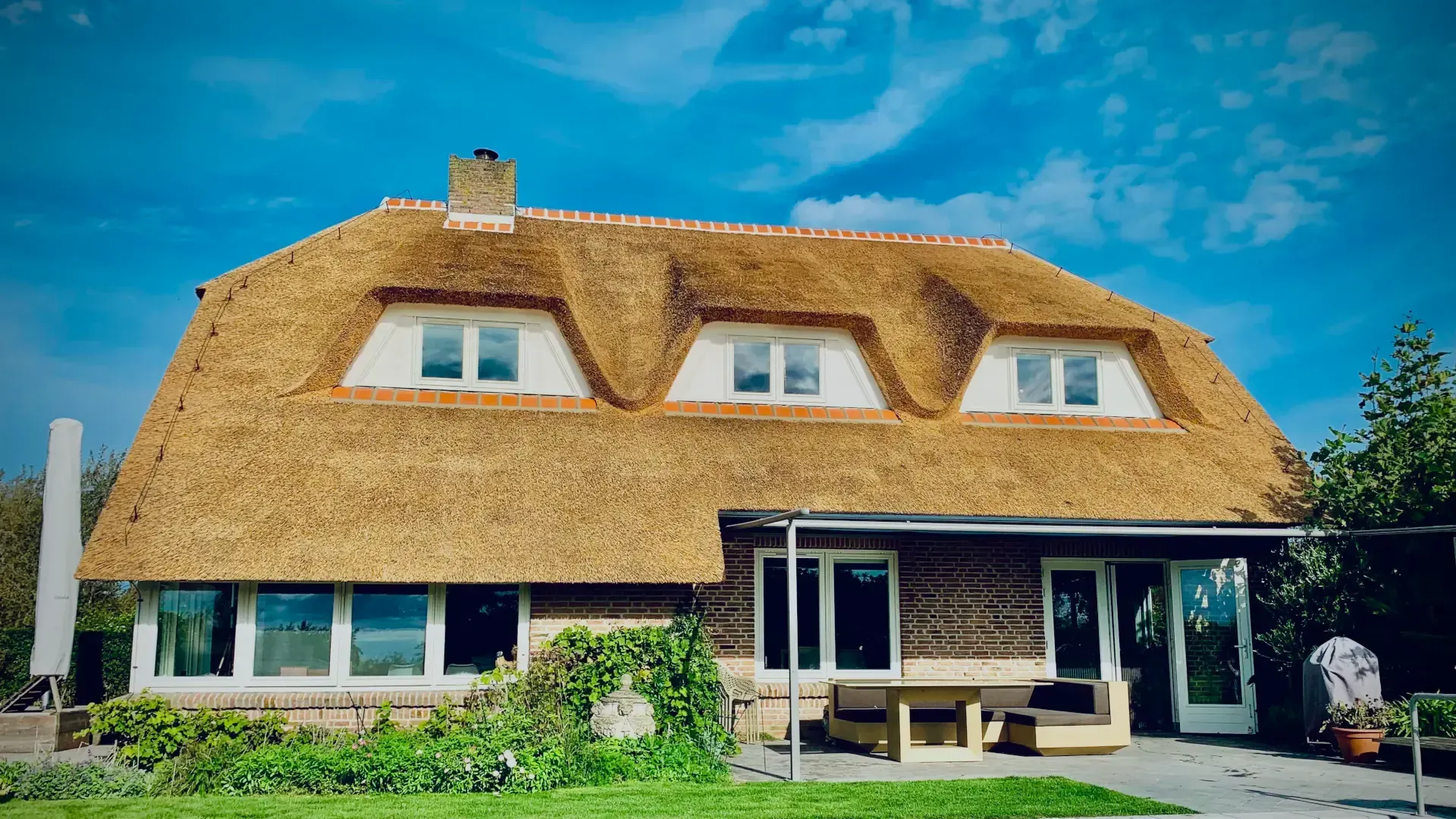
FAQ
How long can a reed roof last, and how can you keep it in good condition? Here we share professional answers to these and other frequently asked questions.
How much do reed roofs cost?
There is no single answer. The price of a reed roof is determined individually, depending on the roof type, size, design, and other factors.
Are thatched roofs a long-lasting option?
Yes, reed roofs are highly durable and resistant to moisture, temperature changes, UV rays, and other natural factors. With quality materials, professional installation, and proper maintenance, a reed roof can last for several decades or even longer.
Is additional thermal insulation required when installing a reed roof?
No, reed roofs are naturally thick (about 30 cm) and have excellent thermal insulation properties. This type of roof prevents cold air from entering the interior and helps maintain a comfortable indoor temperature all year round.
Is reed roofing suitable for roofs of any slope?
Reed roofs are installed without using rainwater drainage systems, so they must be designed according to specific roof parameters.
The lower the roof angle, the higher the risk of moisture absorption. To prevent dampness, it’s important to consider the slope when planning. The recommended roof pitch for a reed roof is no less than 35 degrees.
I am looking for a roof that has good noise insulation. Is reed suitable for this?
Yes, absolutely. In practice, reed roofs provide excellent noise insulation. This is due to their thick structure and the unique composition of the reeds. The hollow stems of the reeds create natural air barriers, providing better protection against external noise compared to alternative materials such as glass wool.
Do reed roofs tend to get mossy?
Although reed roofs are naturally moisture-resistant, to ensure maximum protection against moss and other environmental factors, we recommend treating the roof with a special impregnating agent. This treatment prevents moss growth, extends the roof’s lifespan, and enhances overall safety, as fire-retardant materials are also applied during the process.
Will the appearance of the roof change over time?
Over time, reed roofing naturally changes color. When newly installed, the reeds have a light shade, but as the years pass, the roof gradually turns grey—similar to other natural wood products. This is a normal process that cannot be reversed, but it does not affect the roof’s durability or quality.
How should a reed roof be properly maintained?
Some people worry that reed roofs require frequent, expensive, and complicated maintenance—but this is a myth. In reality, these roofs are durable and low-maintenance, even under harsh weather conditions.
The most important tasks are to remove accumulated snow, leaves, twigs, and other debris in a timely manner. It’s also recommended to re-treat the roof with a protective impregnating agent approximately every 10 years to safeguard it against moisture, moss, and fire.
Do you provide services only in Lithuania?
Our team works both in Lithuania and abroad, so we can assist clients who want a quality reed roof in other countries as well.
We invite you to contact us, provide your location and project details — we’ll be happy to help!
If you have more questions or would like to learn more about reed roofing directly from our experts, don’t hesitate to get in touch and find out whether a reed roof is the right choice for you.
